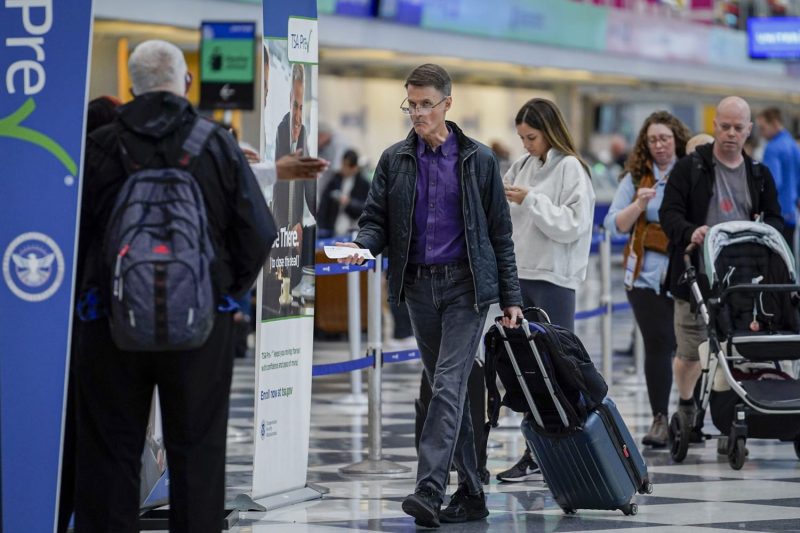The Transportation Security Administration (TSA) PreCheck program is known for expediting the security screening process for travelers at airports across the United States. However, recent developments have allowed PreCheck members at select airports to utilize a digital identity verification system, eliminating the need to present physical identification documents during security screening. This innovative approach represents a significant step forward in the realm of airport security and passenger convenience.
One of the key benefits of this digital identity verification system is the enhanced efficiency it offers to both travelers and TSA personnel. By leveraging advanced technology, such as biometric facial recognition and secure databases, the system can quickly and accurately verify the identity of PreCheck members without the need for physical IDs. This streamlines the security screening process, reducing wait times and enhancing the overall travel experience for passengers.
Furthermore, the implementation of this digital identity verification system aligns with the broader trend towards digitization and automation in the travel industry. As technology continues to evolve, airports and airlines are increasingly leveraging digital solutions to enhance security, improve efficiency, and provide a more seamless experience for passengers. By integrating cutting-edge systems like digital identity verification, the TSA is at the forefront of this shift towards a more tech-savvy and connected travel environment.
In addition to the operational benefits, the use of digital identity verification also enhances security measures at airports. By verifying the identity of passengers using biometric data and secure databases, the system reduces the risk of identity fraud and improves the overall integrity of the screening process. This heightened level of security not only protects travelers but also enhances the safety and efficiency of air travel as a whole.
Despite the clear advantages of digital identity verification for TSA PreCheck members, there are also potential concerns related to privacy and data security. As with any technology that relies on biometric data, there is always a risk of data breaches or misuse. Therefore, it is essential for the TSA to implement robust safeguards and protocols to protect the privacy and security of passengers’ personal information.
In conclusion, the introduction of a digital identity verification system for TSA PreCheck members represents a significant advancement in airport security and passenger convenience. By leveraging advanced technology and biometric data, this innovative system streamlines the security screening process, enhances efficiency, and improves overall security measures at select airports. While there may be valid concerns about privacy and data security, the benefits of this digital solution are clear, signaling a positive direction for the future of air travel security and passenger experience.
